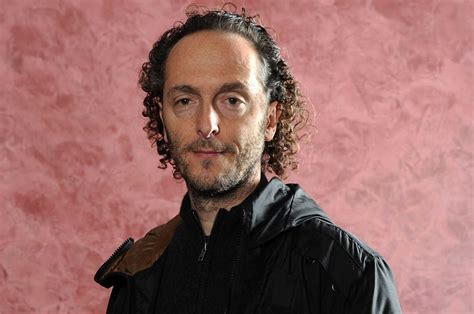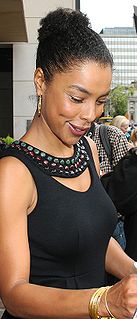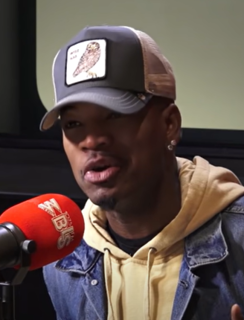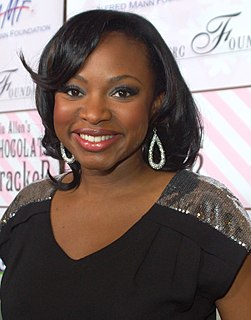A Quote by Eric Bana
I usually befriend the camera department very early on in the film and drive them nuts. I'm constantly bombarding them with questions and going through the stills photography. A film set is a great place for me and I love it.
Related Quotes
It makes it very easy. I have a beginning, middle, and end, and I don't film for long - about 20 hours usually for a two-hour film - so it's easily watchable in a week for me and the editor. Once I know who the characters are, I only film those characters, unless somebody else forces their way into the film by a scene happening to them or we meet them by chance.
I left film because I felt that photography was my art. It was something I could do on my own, whereas film was so collaborative. I thought as a photographer I could make something that was artistic and that was mine, and I liked that. And it wasn't until I got back into film and I have very small crews and I could do very tiny filmmaking that wasn't 100 people that I still felt that I was making something artistic as a filmmaker. So, you know, I'm an artist, and whether it's photography or film, I want my voice to be there and I think my voice is very strong in this film.
It's very important that a film that intends to play tricks on the audience... has to play fair with the audience. For me, any time you're going to have a reveal in the film, it's essential that it have been shown to the audience as much as possible. What that means is that some people are going to figure it out very early on. Other people not til the end. Everybody watches the film differently.




































